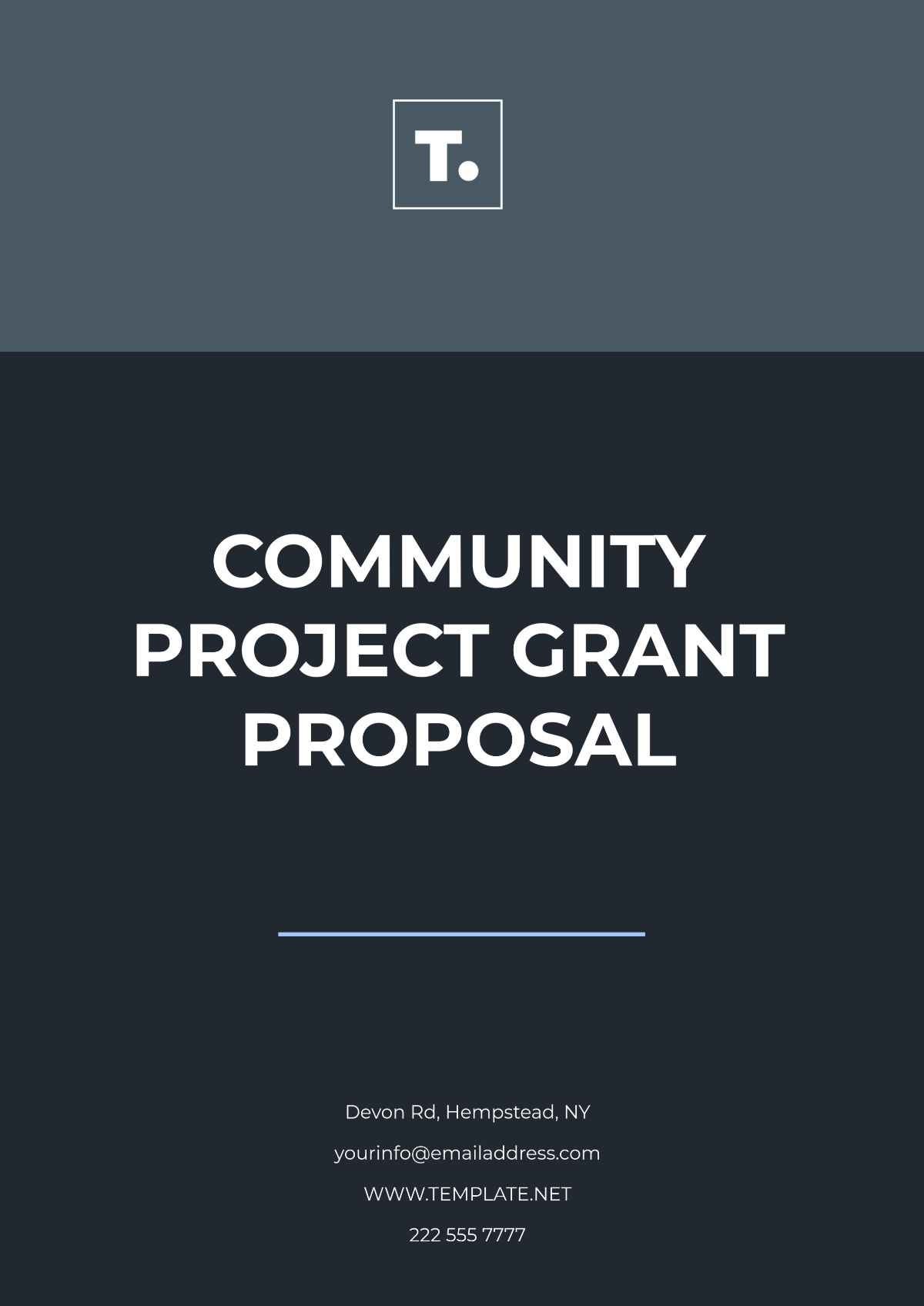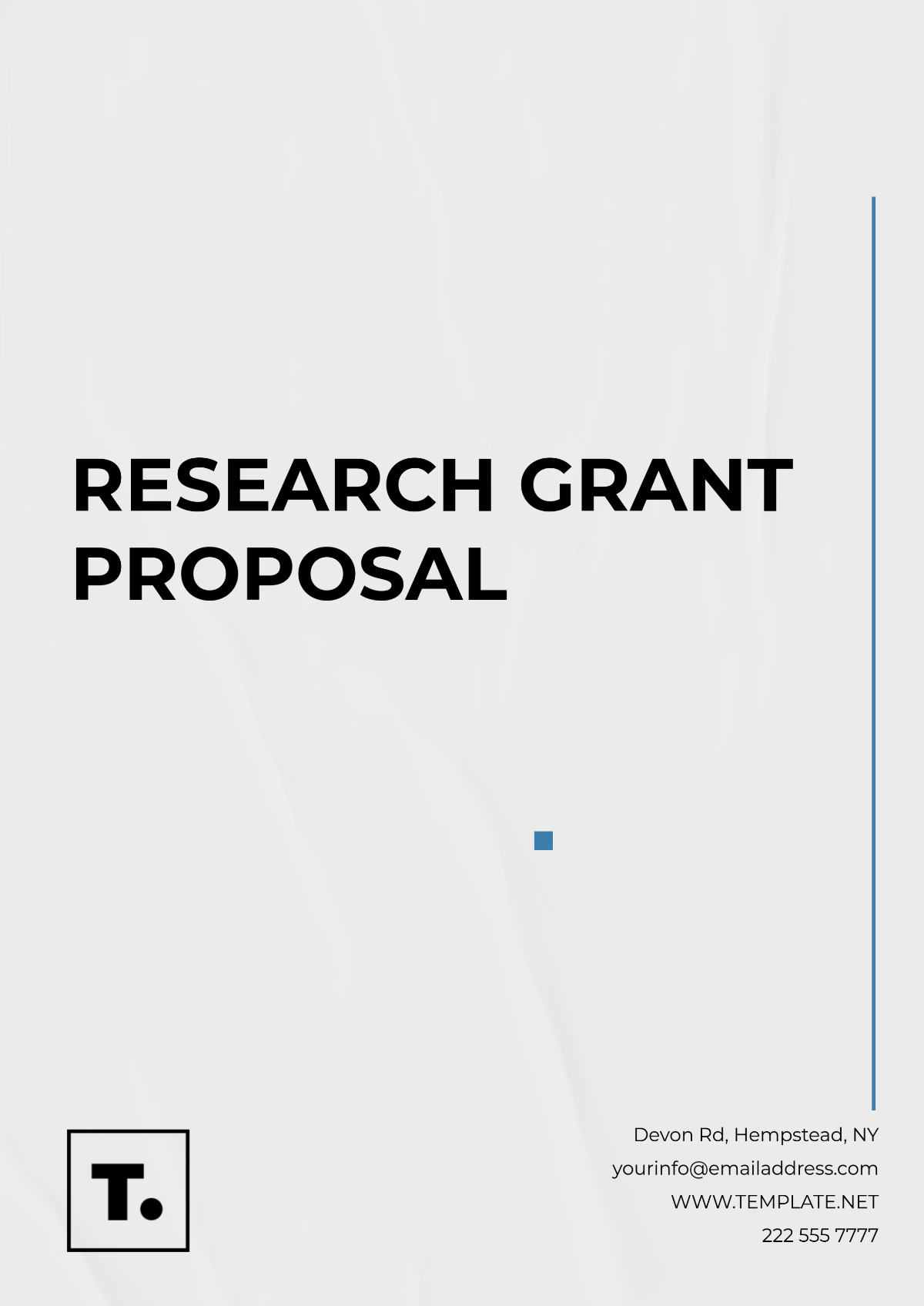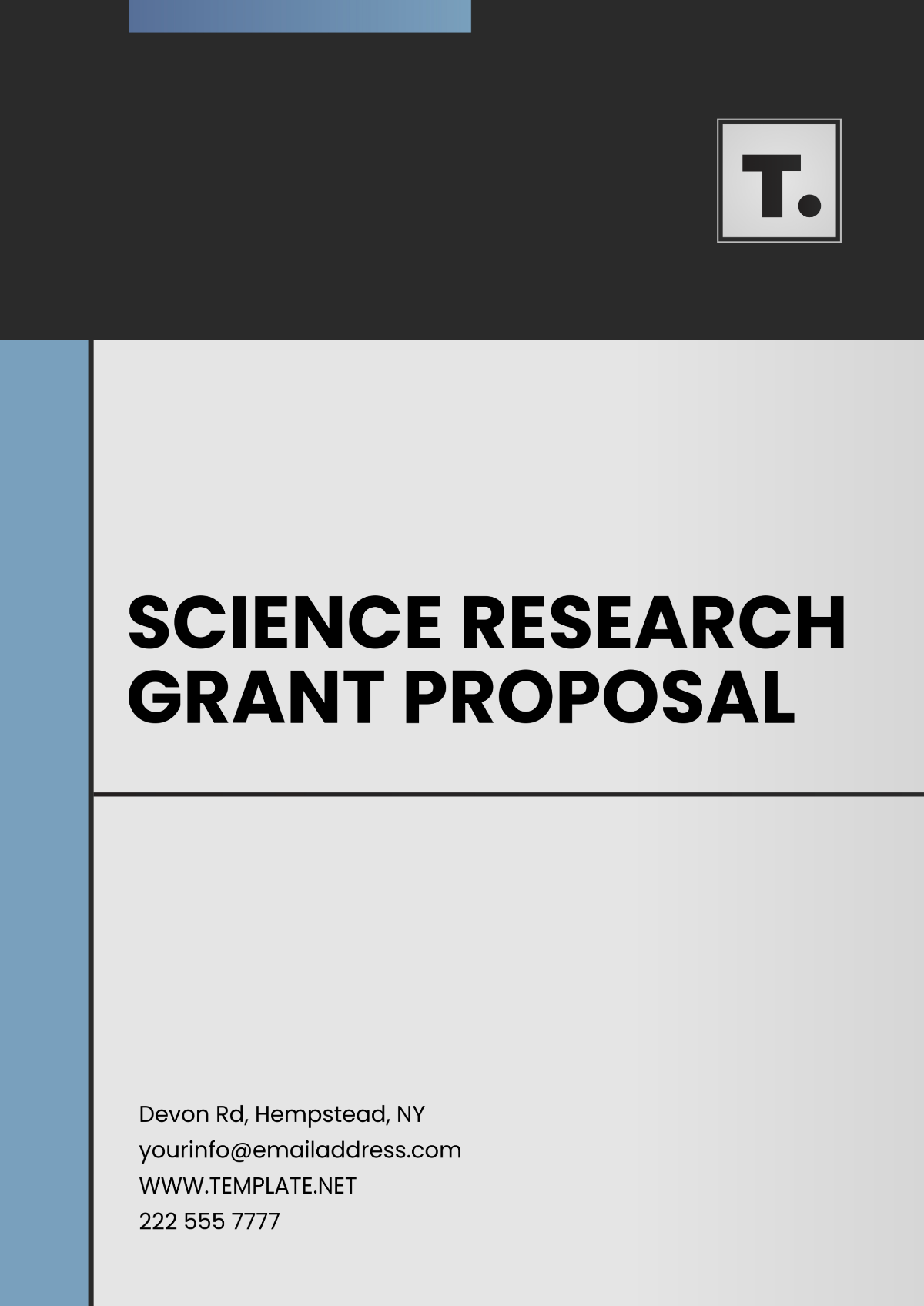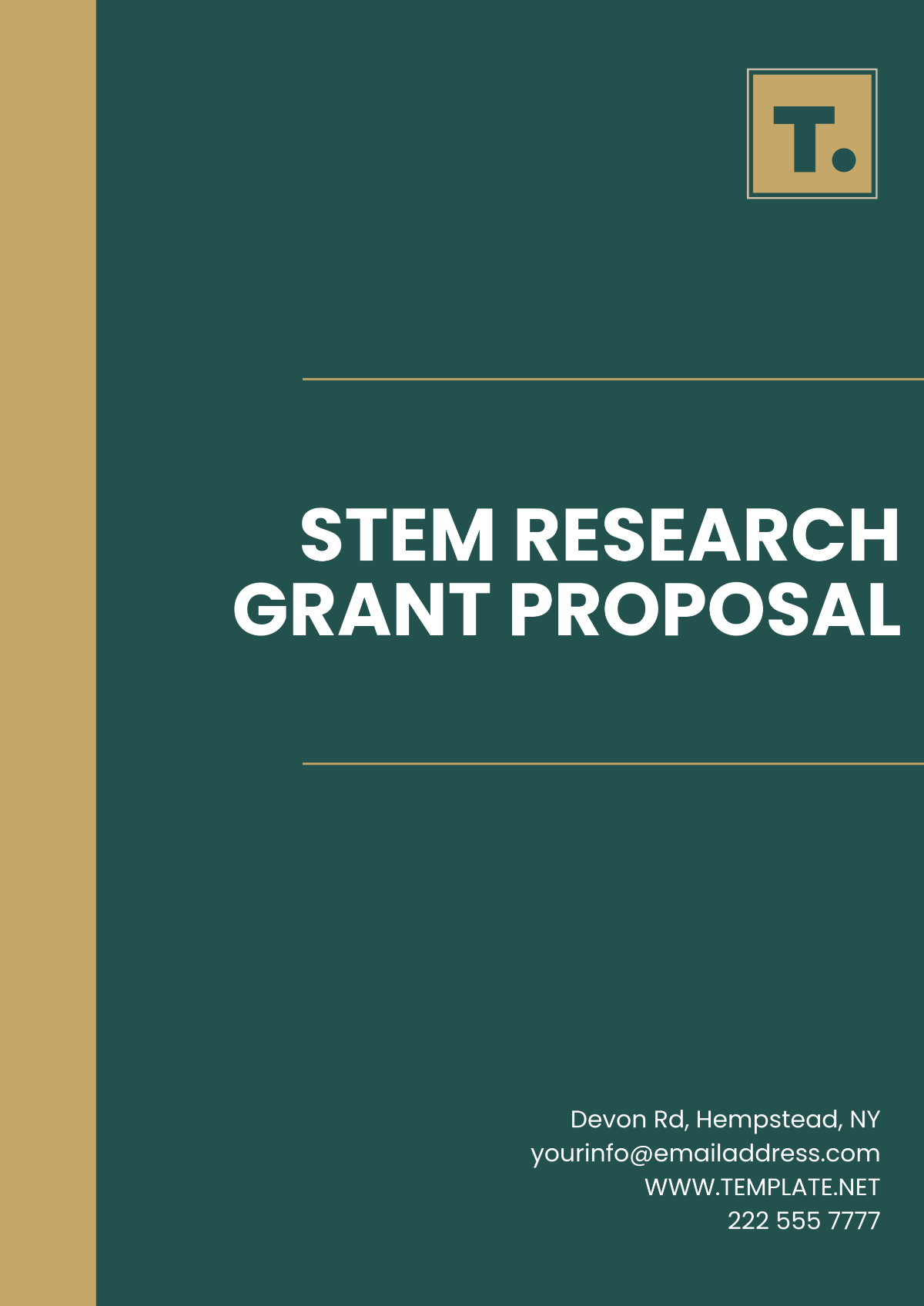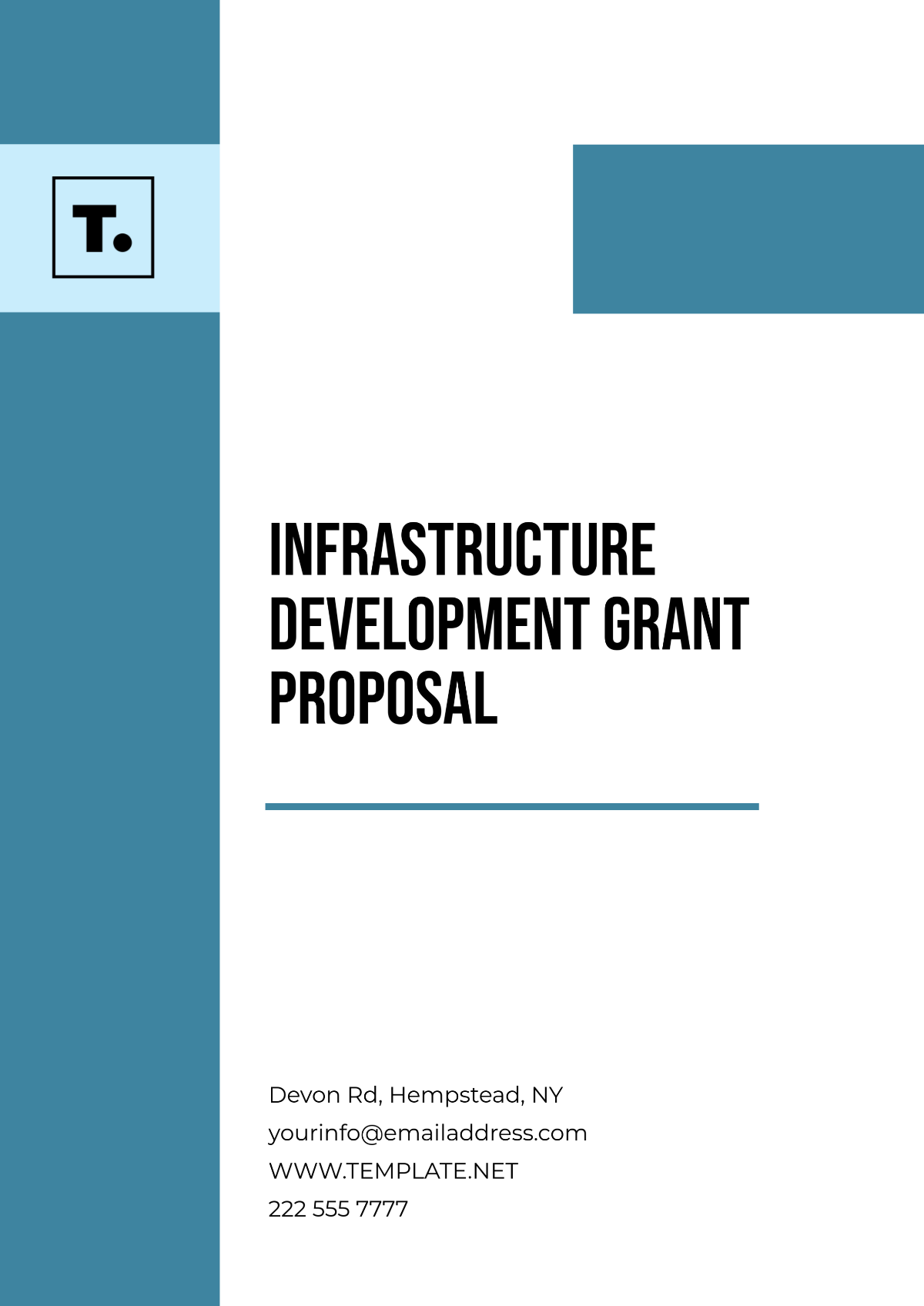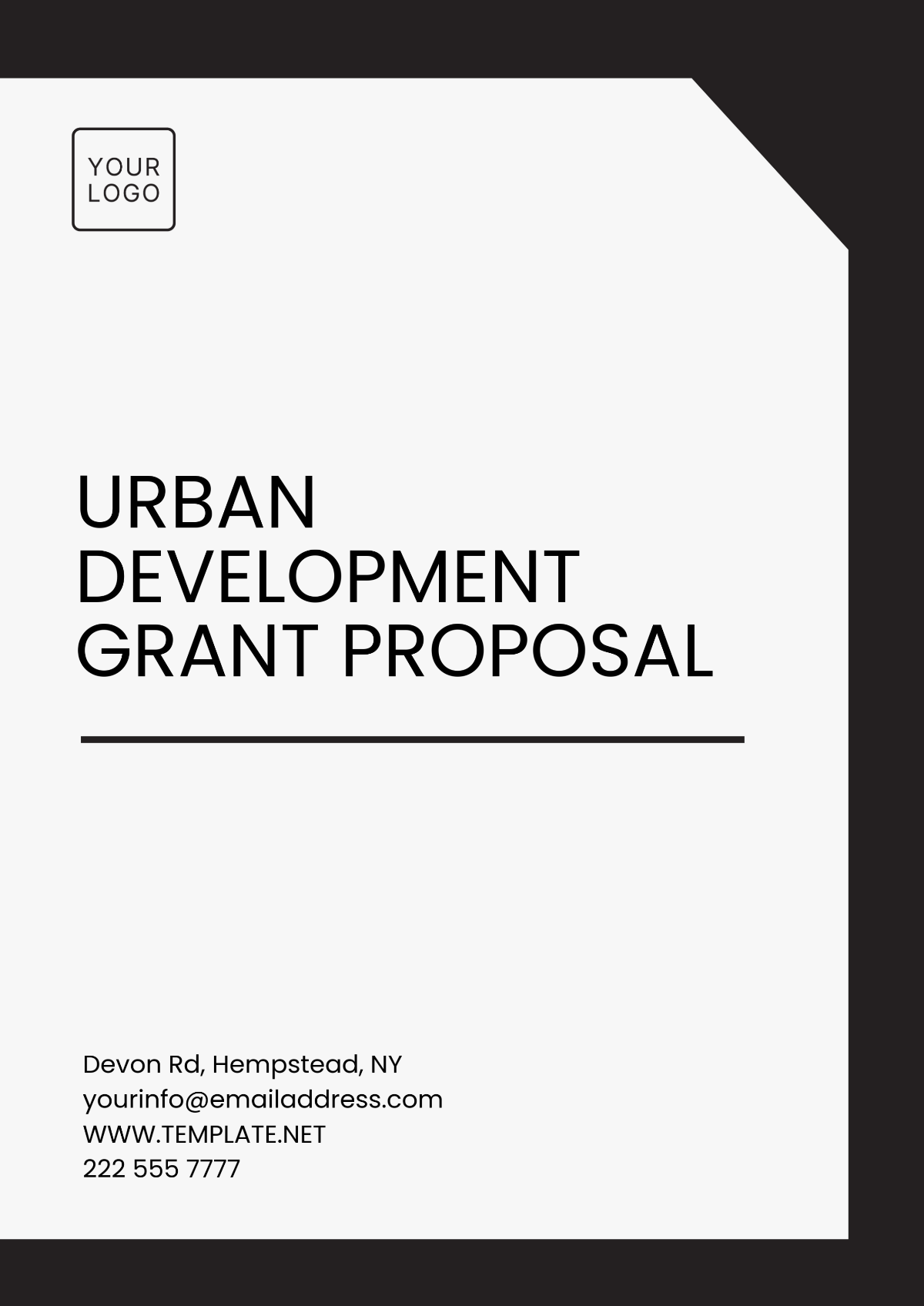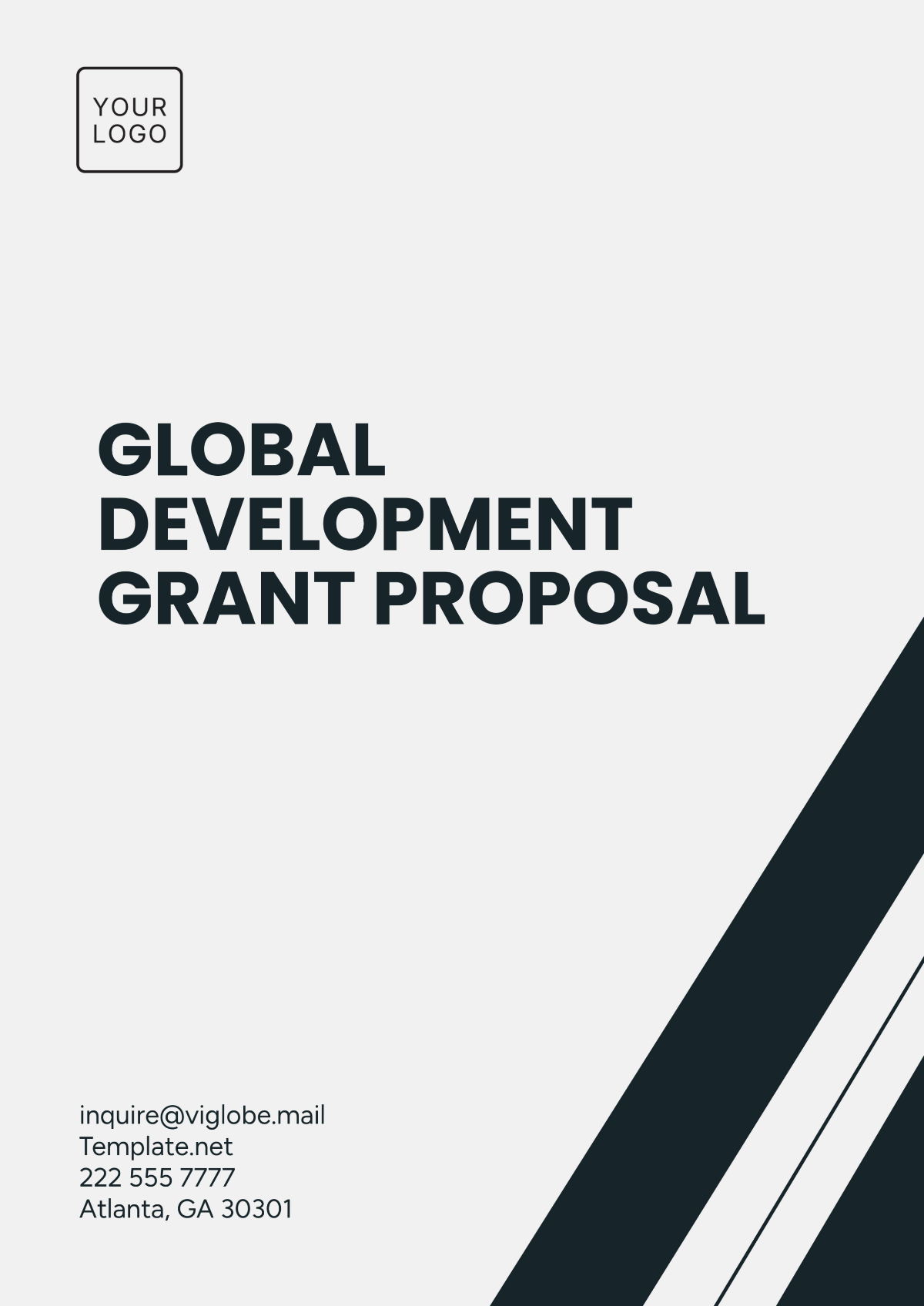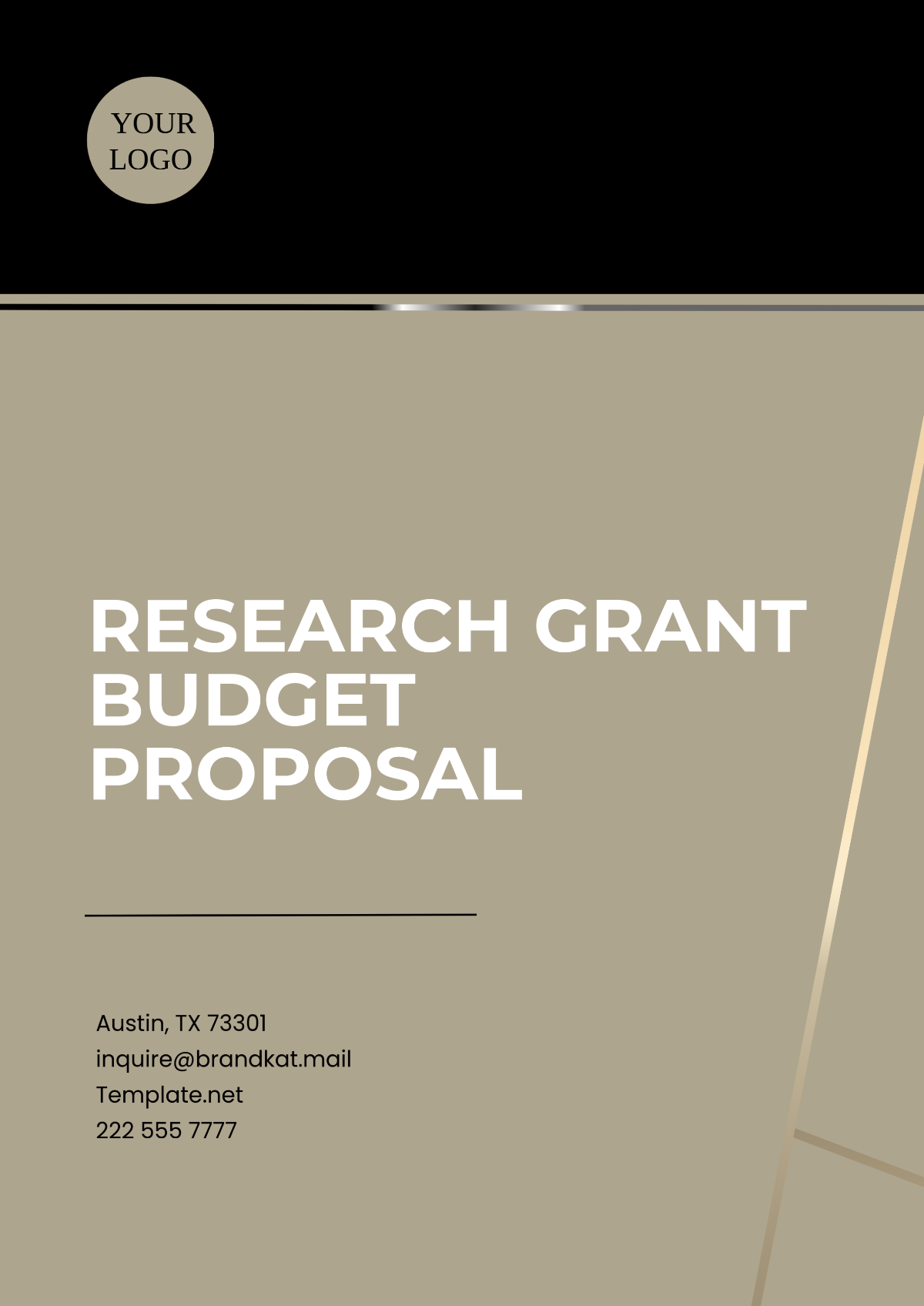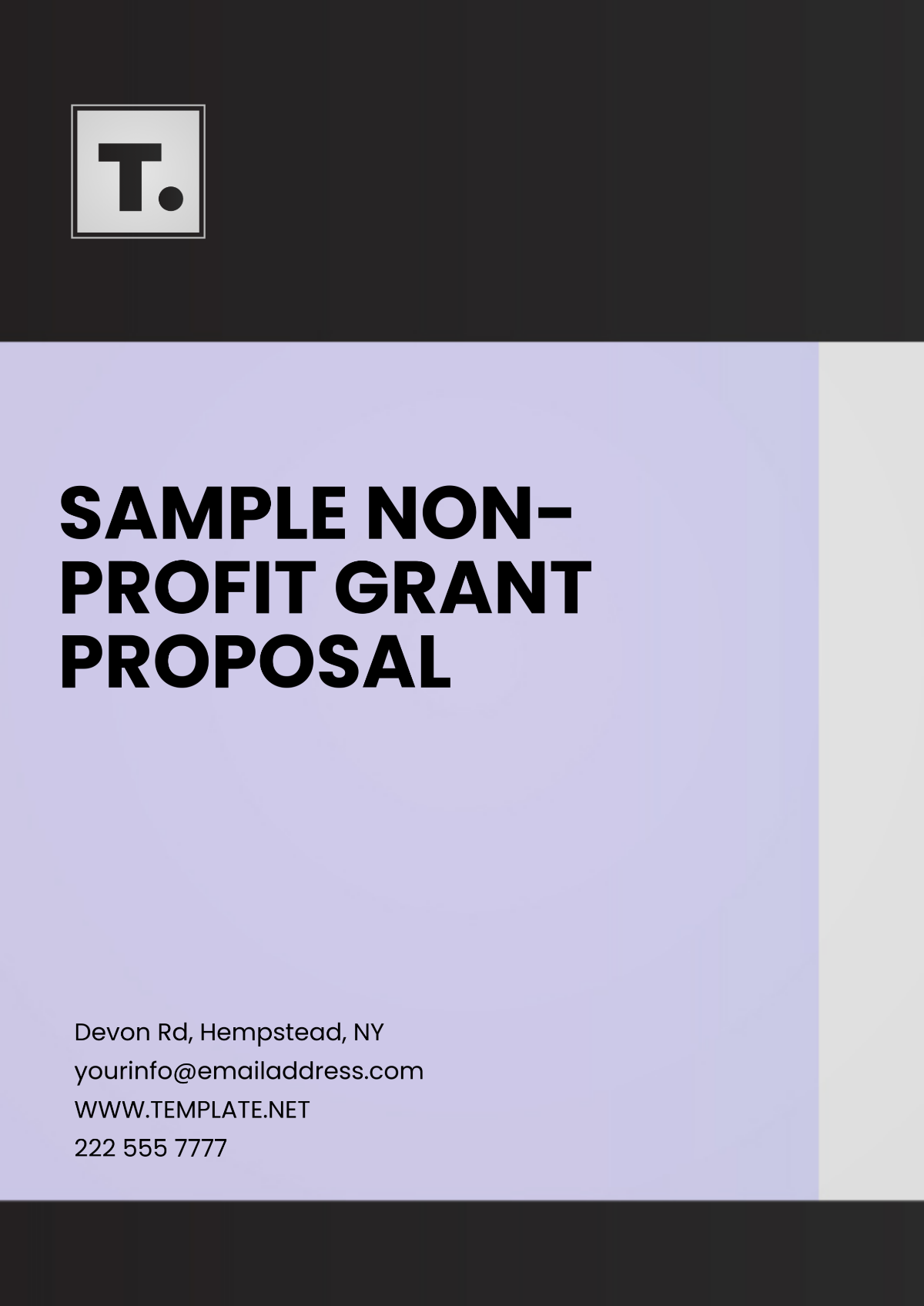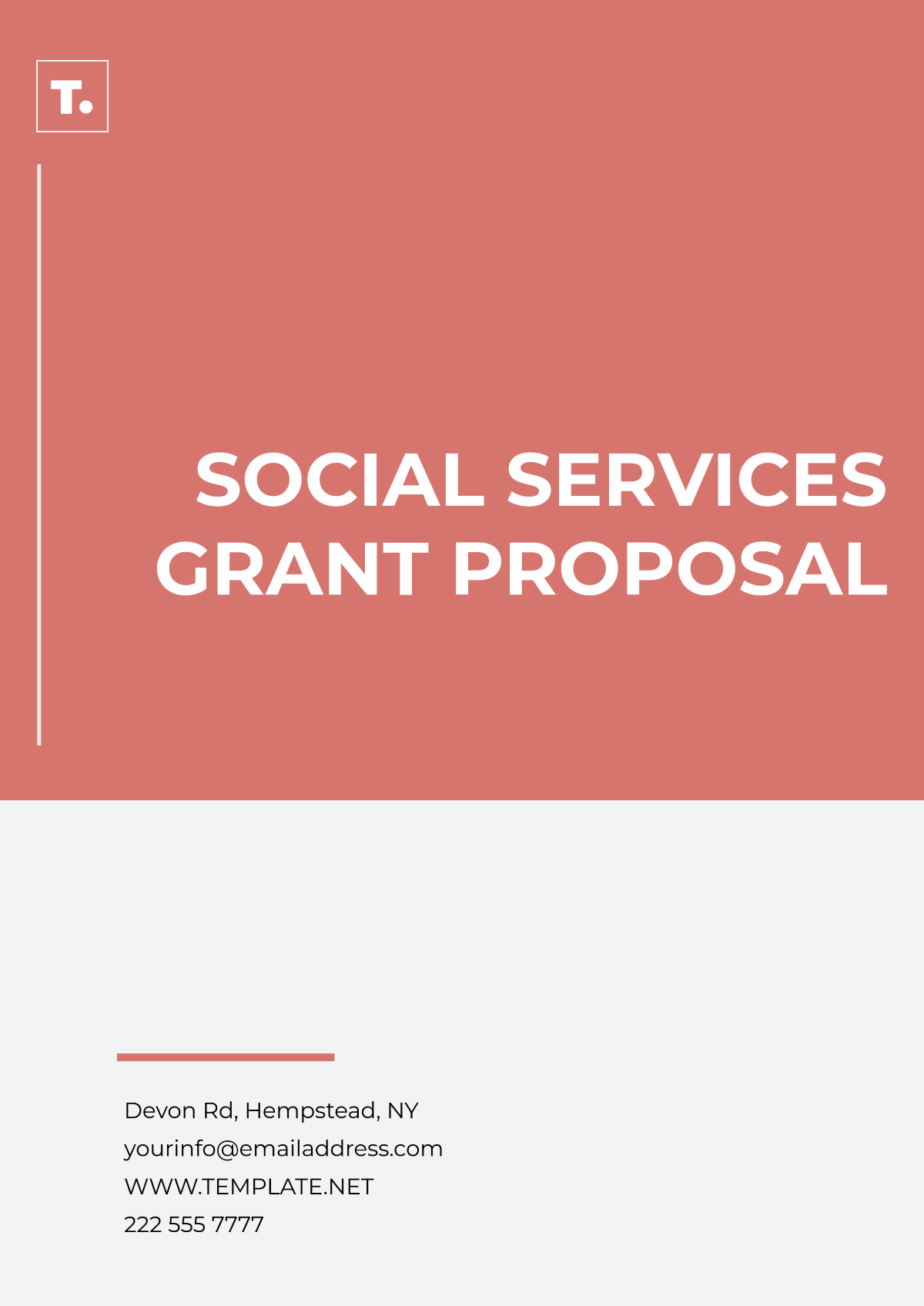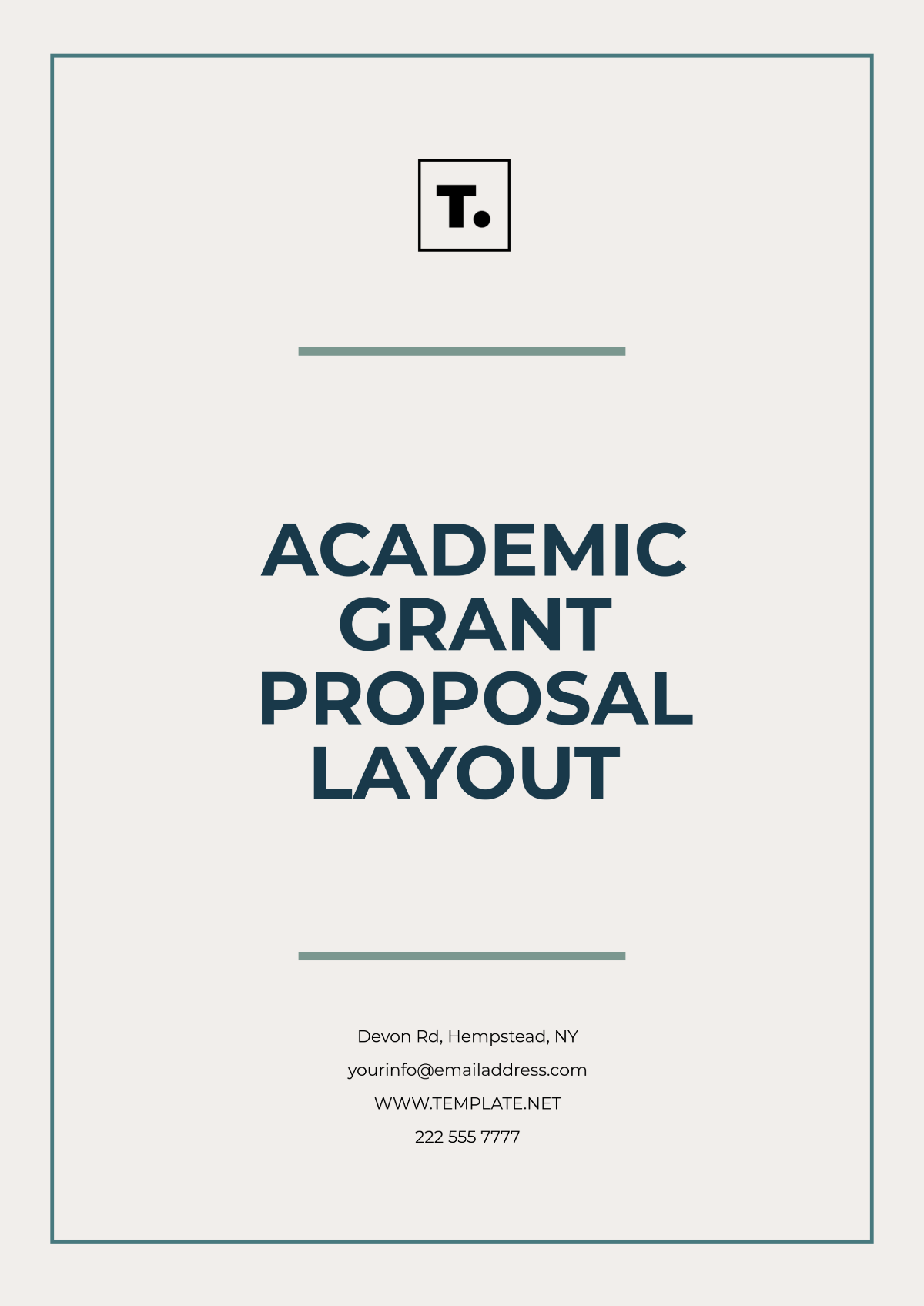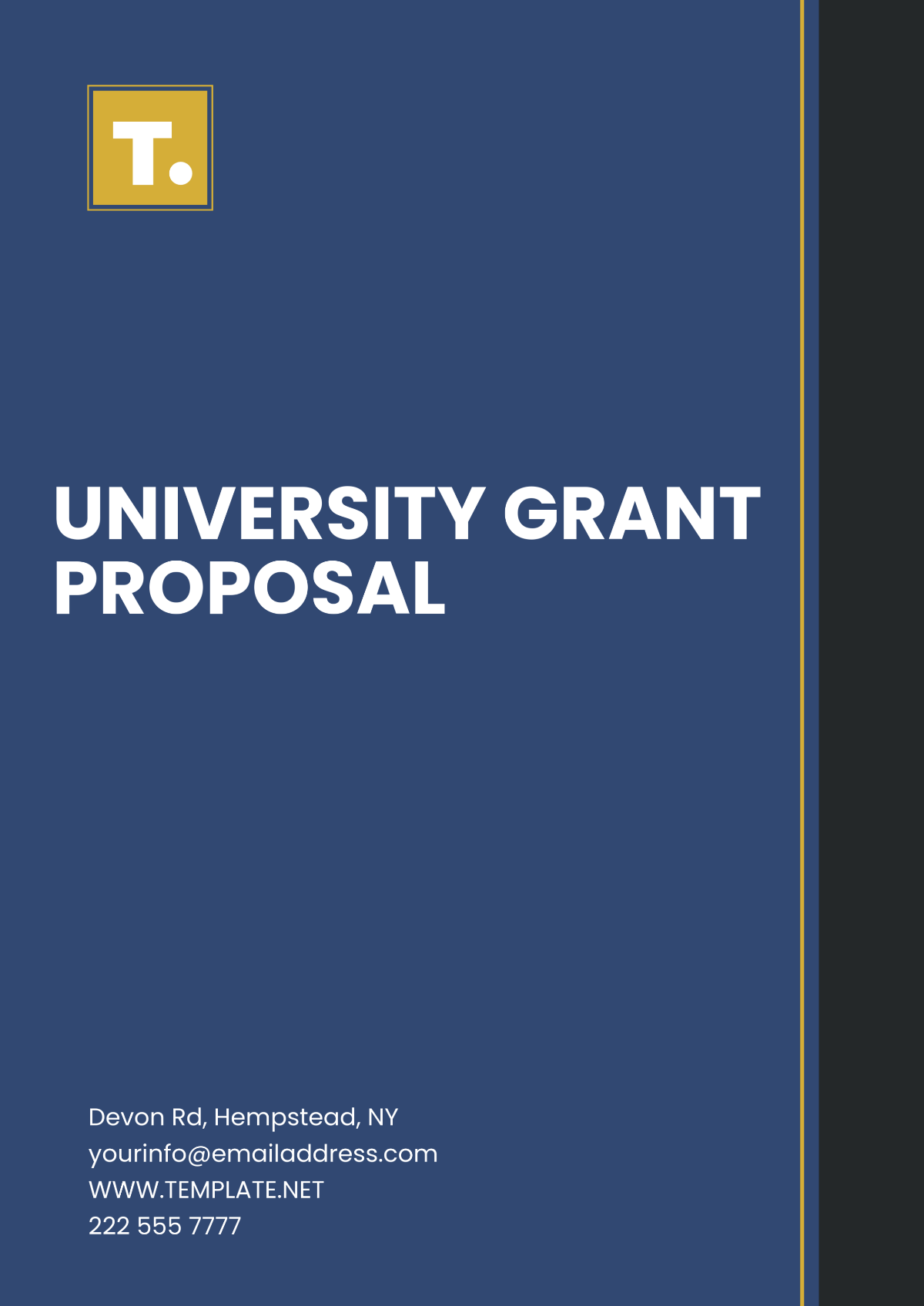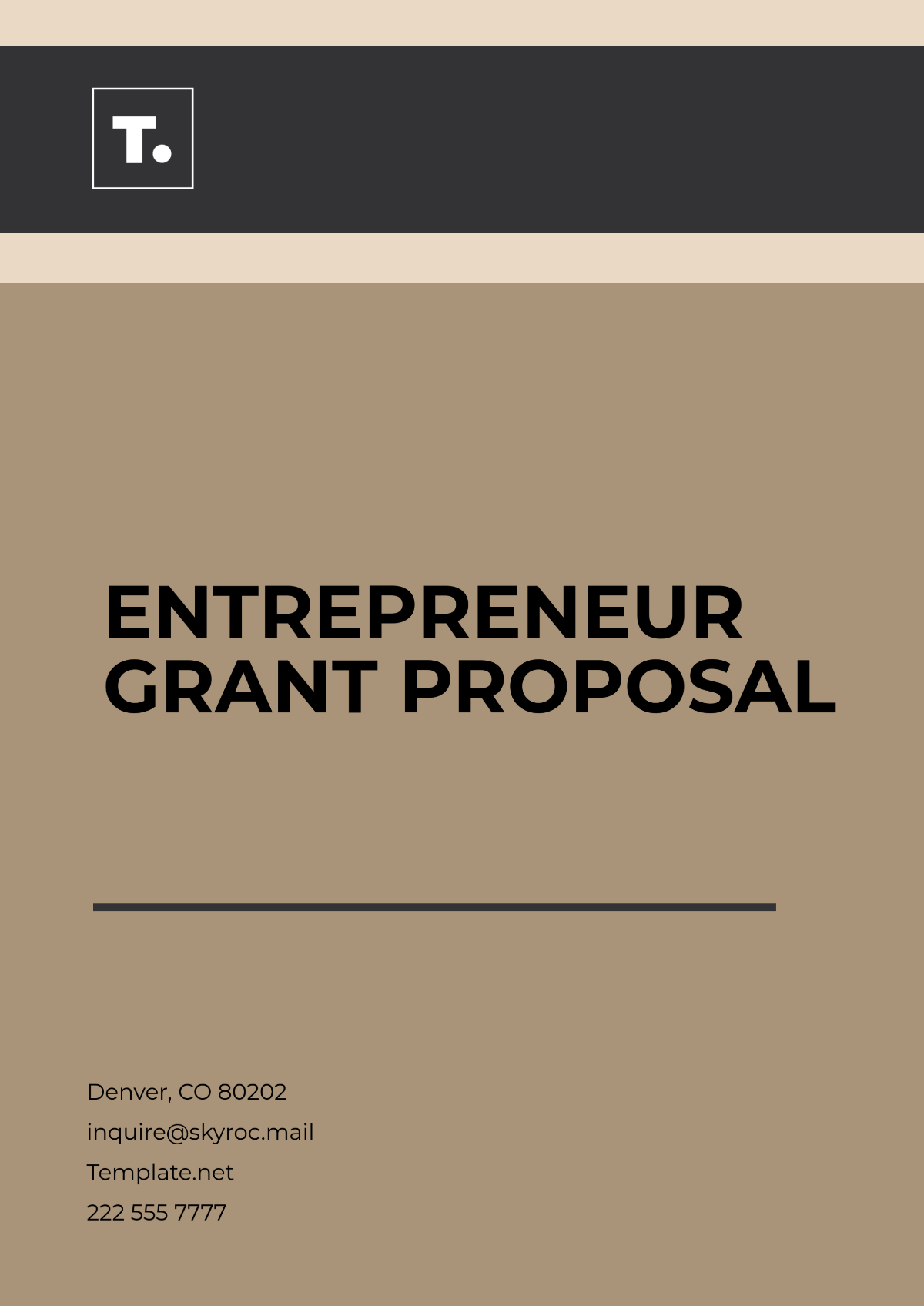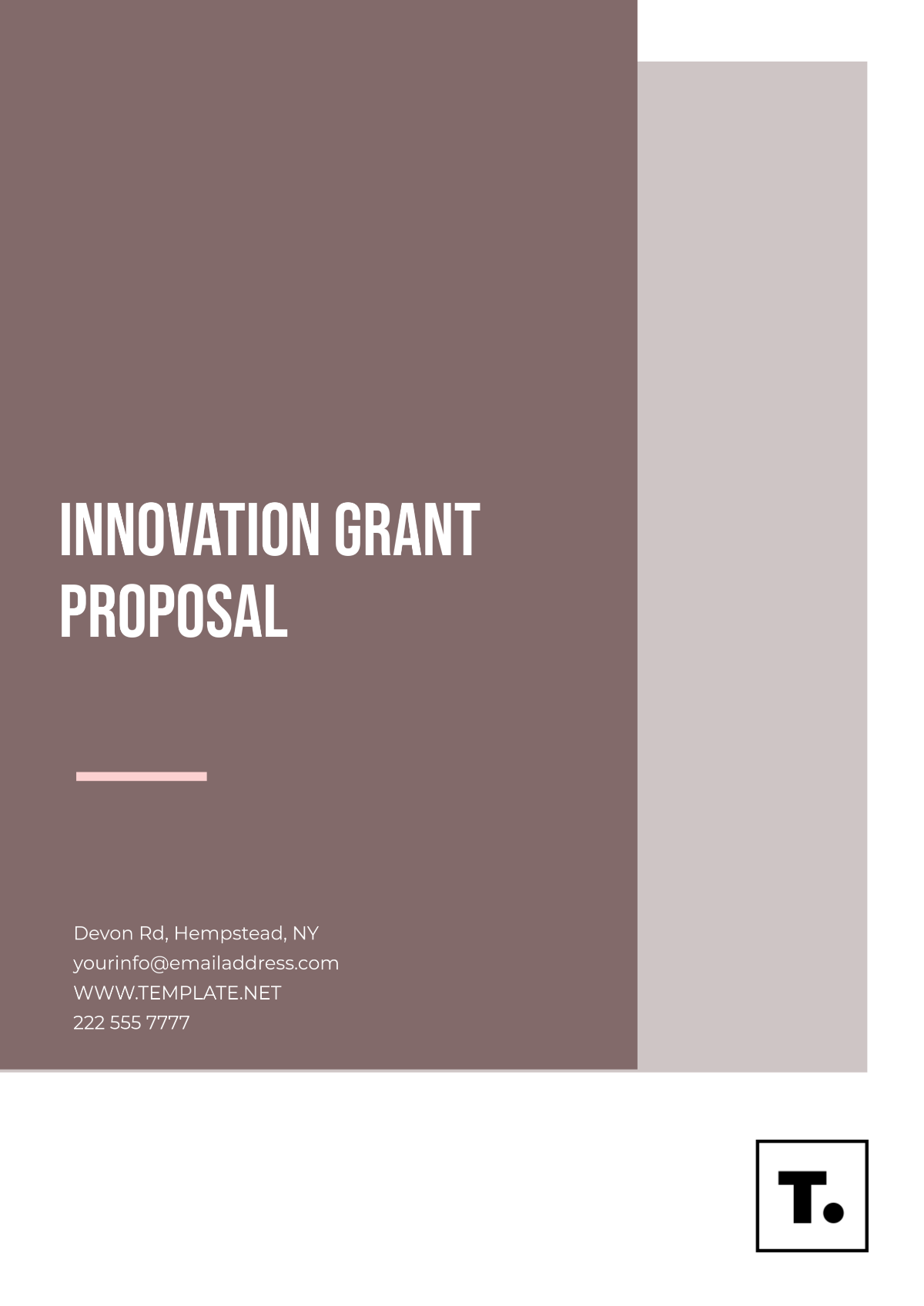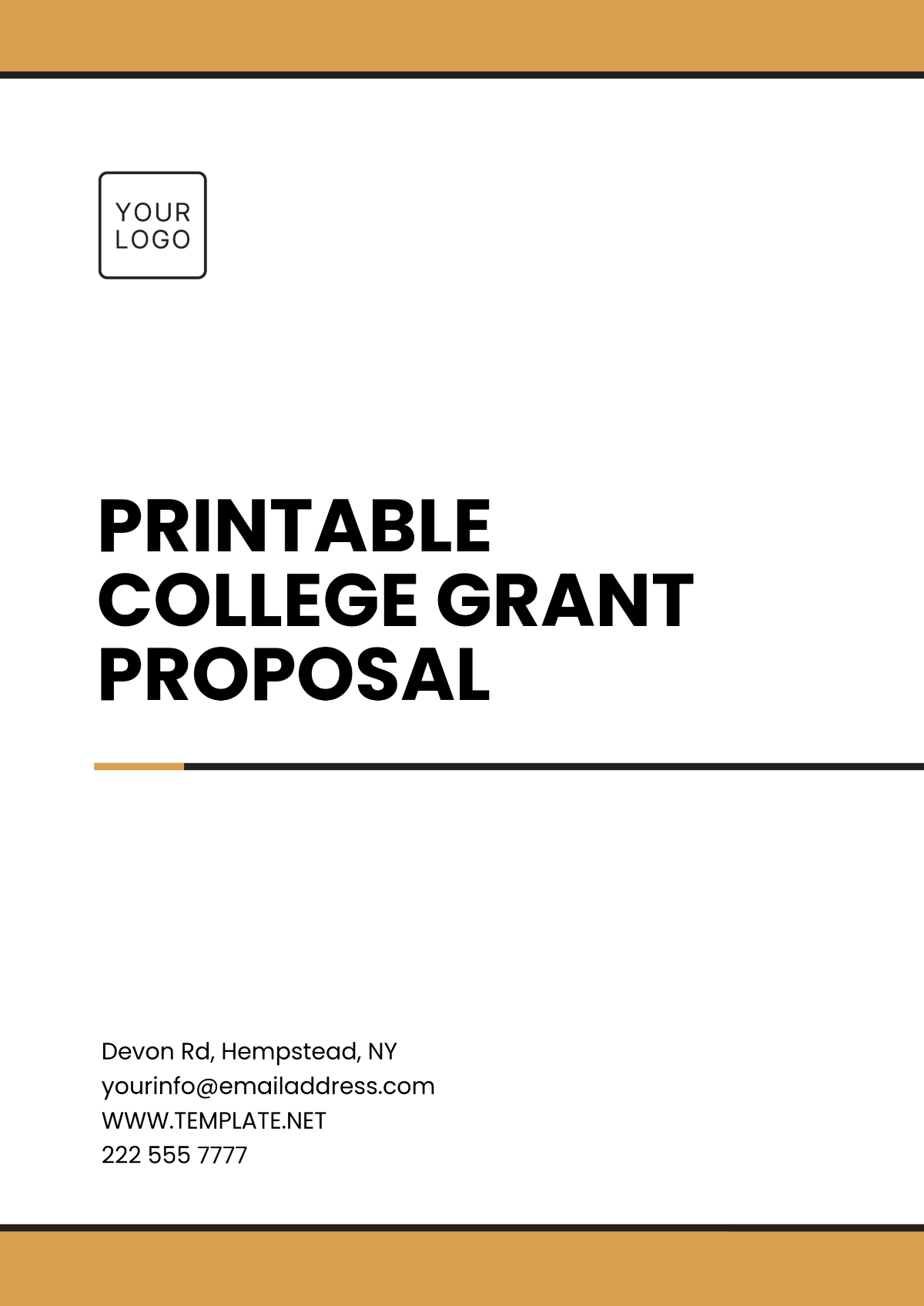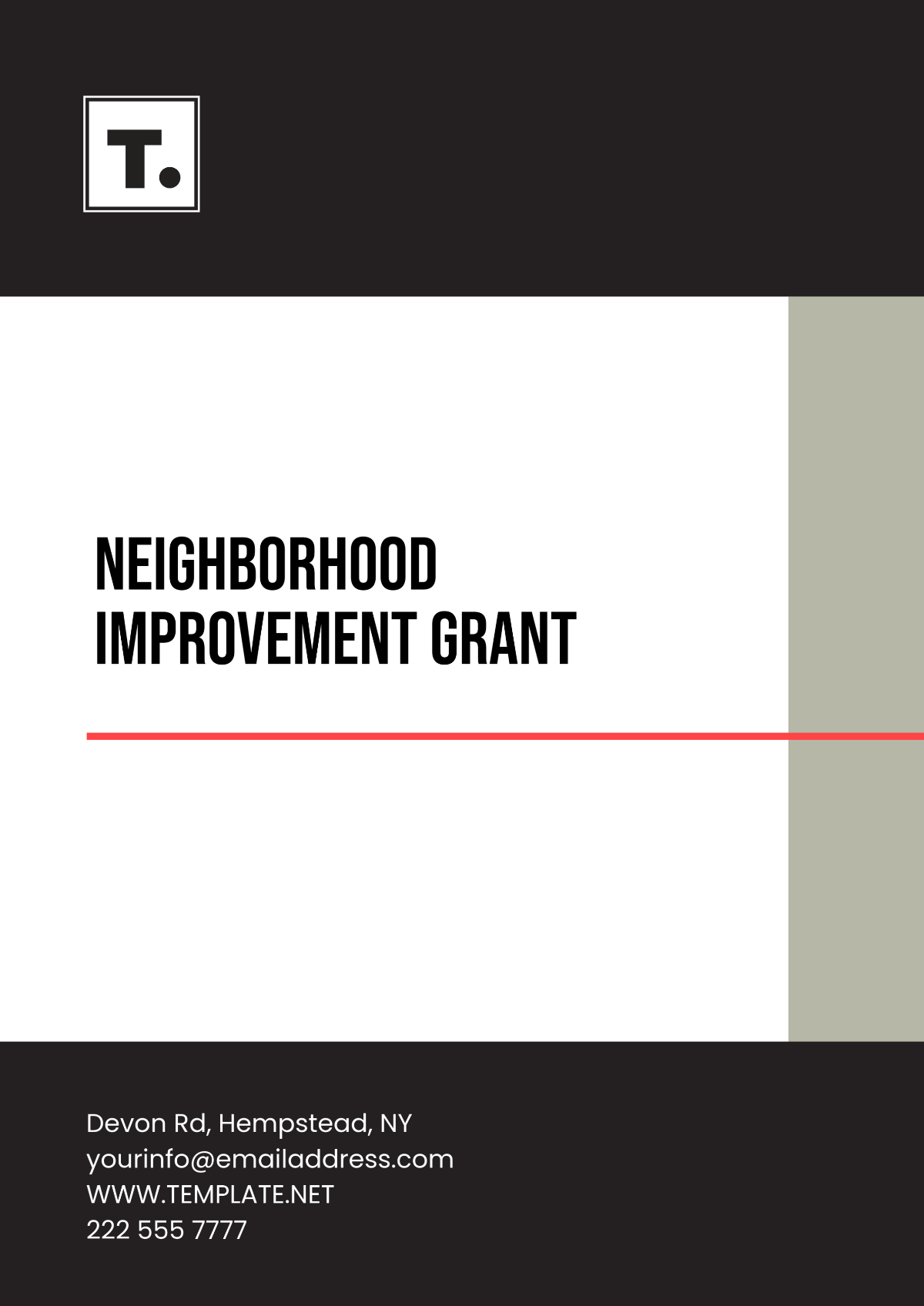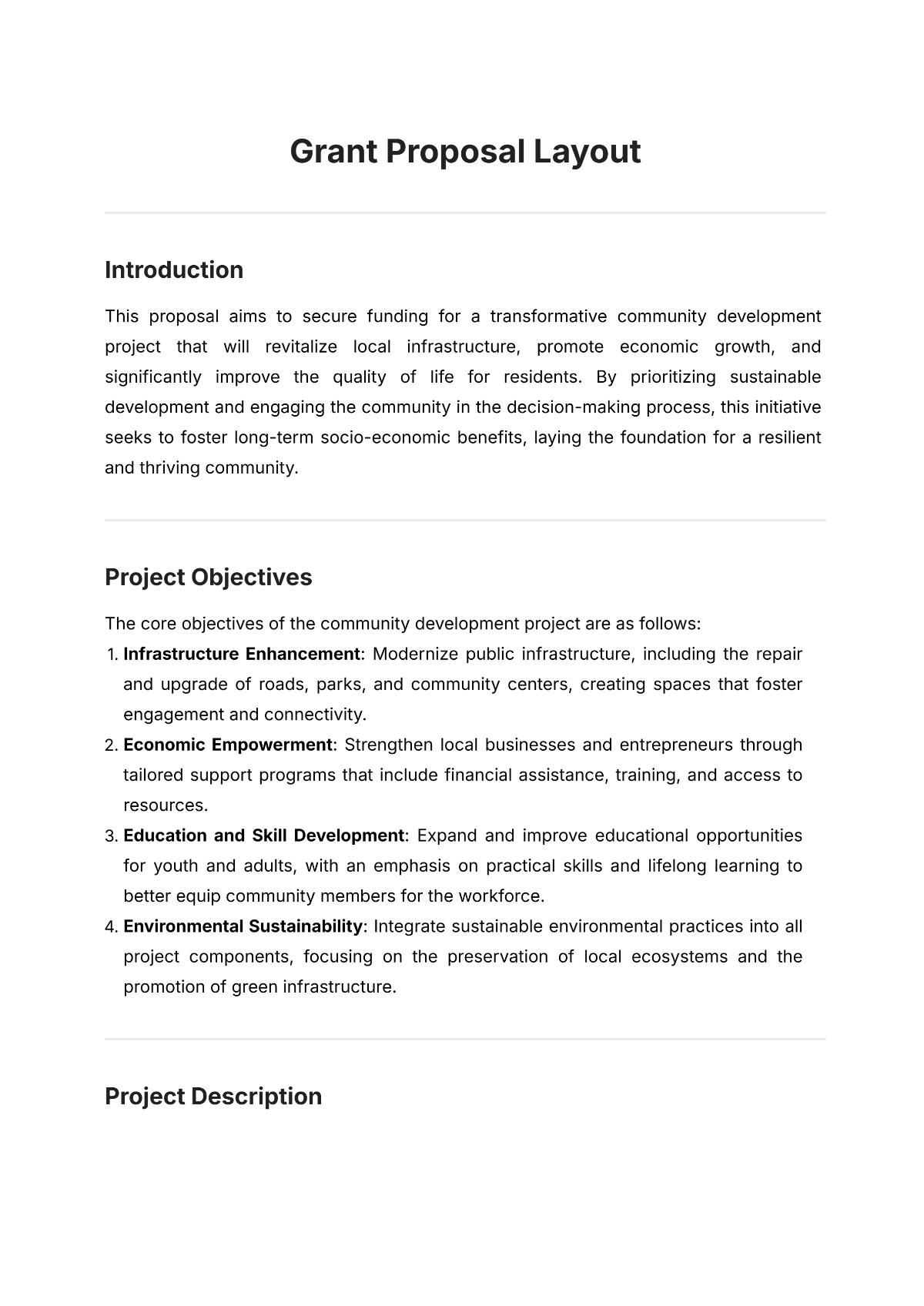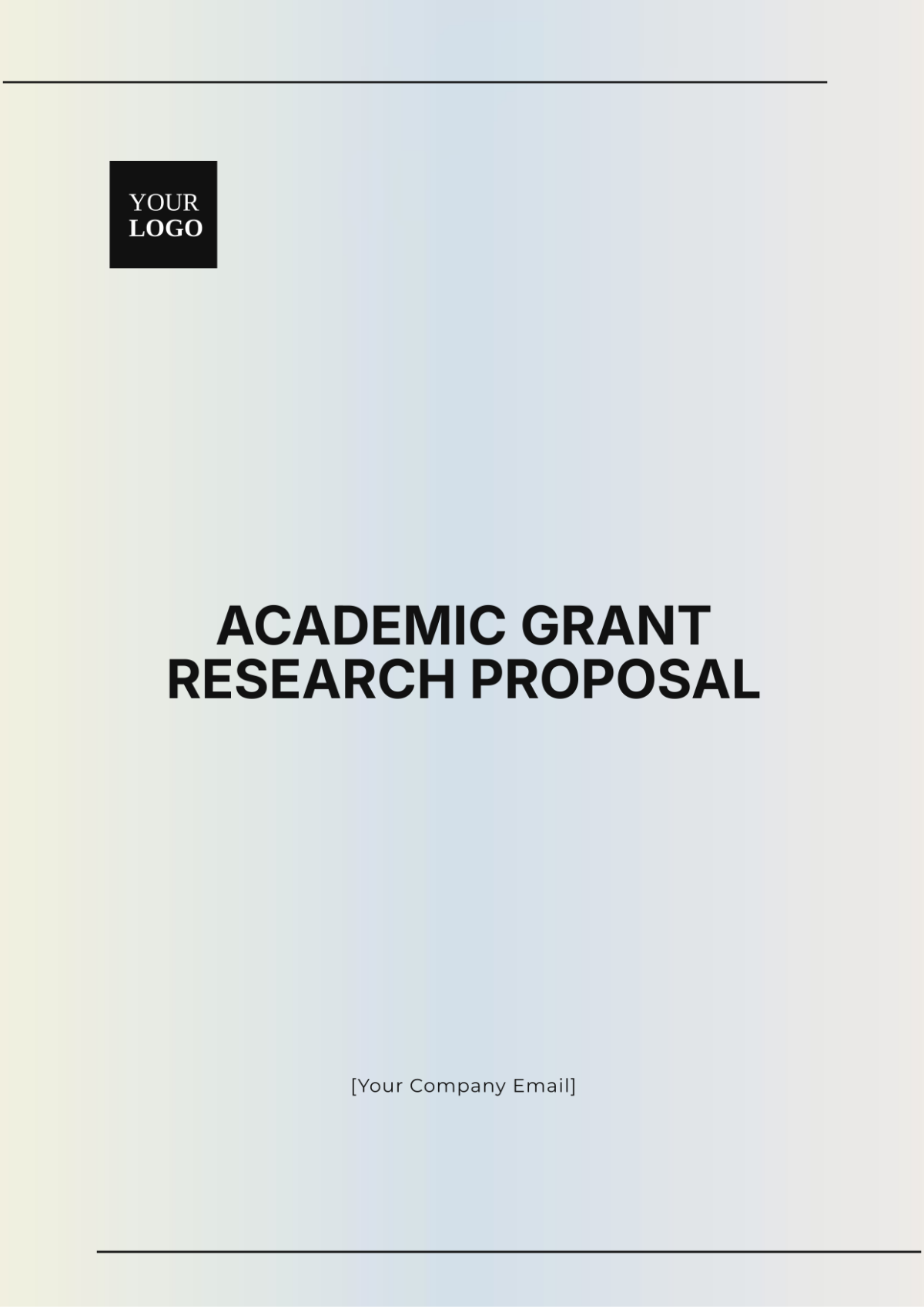GRANT PROPOSAL
Prepared By: [Your Name]
Date: [Date]
In an era where sustainability and environmental responsibility are paramount, this proposal seeks funding to advance research and development in next-generation renewable energy systems. Our objective is to innovate and deploy cutting-edge technologies that harness renewable resources more efficiently, contributing significantly to reducing global carbon emissions.
Background
The growing demand for energy, coupled with the urgent need to mitigate climate change, calls for the development of alternative energy sources. Renewable energy technologies, such as solar, wind, and bioenergy, have demonstrated significant potential to meet global energy demands sustainably. However, there remain substantial challenges in efficiency, cost, and infrastructure that must be addressed to fully realize their potential.
Research Gaps
Despite progress in the renewable energy sector, significant research gaps persist. These include the optimization of energy conversion processes, advancements in storage technologies, and improvements in grid integration. Addressing these gaps will enhance the viability and scalability of renewable energy systems, making them formidable alternatives to fossil fuels.
Current State of Technology
Renewable energy technologies have seen remarkable advancements in recent years. Solar photovoltaic (PV) cells, for instance, have achieved considerable efficiency improvements. Nonetheless, further innovation is necessary to lower production costs and increase energy yield. Similarly, wind energy technologies have advanced in turbine design and off-shore applications, yet challenges remain in deployment costs and ecological impacts.
Project Objectives
Our primary objectives are:
To advance the efficiency of solar photovoltaic cells through novel materials and designs.
To develop cost-effective and sustainable energy storage solutions.
To enhance grid integration technologies enabling better renewable energy distribution.
To conduct a comprehensive environmental impact assessment for all proposed technologies.
Expected Outcomes
The successful completion of this project is expected to yield significant advancements in renewable energy technology, including:
Increased efficiency of PV cells by at least 20%.
Development of a prototype storage solution with a capacity for 48-hour energy retention.
Implementation of a pilot program for improved grid integration in a mid-sized urban area.
Submission of a detailed environmental report outlining potential impacts and mitigation strategies.
Project Plan and Methodology
The project will be executed over a three-year period with a structured plan that includes research, development, testing, and evaluation phases. A multidisciplinary team of experts in materials science, engineering, and environmental science will oversee each stage.
Phase | Duration | Activities |
|---|---|---|
Research | 6 months | Literature review, lab testing of materials, stakeholder consultations |
Development | 12 months | Prototype design, material refinement, initial testing |
Testing | 8 months | Field trials, performance analysis, data collection |
Evaluation | 6 months | Data analysis, environmental impact assessment, report preparation |
Budget
The following table outlines the projected budget necessary to complete the project:
Category | Cost (USD) |
|---|---|
Personnel | 500,000 |
Equipment and Materials | 300,000 |
Travel and Conferences | 50,000 |
Administrative Expenses | 75,000 |
Contingency | 25,000 |
Total | 950,000 |
Conclusion
Through this proposal, we seek to secure the necessary funding to contribute significantly to the evolution of renewable energy technologies. By addressing existing challenges in efficiency, cost, and integration, the project aims to pave the way for a sustainable energy future. We stand committed to delivering impactful results that align with global sustainability goals.


